- Recent Posts
- Grooming & Personal Care
- Hair Care
- Squatch Men: Lifestyle
- The Great Outdoors
- Natural Living & Health
- Man Stuff
- Ultimate Guides
Thu, Dec 31, 2015• 23:30•
Why Use Natural Soap – Your Skin Will Notice the Difference
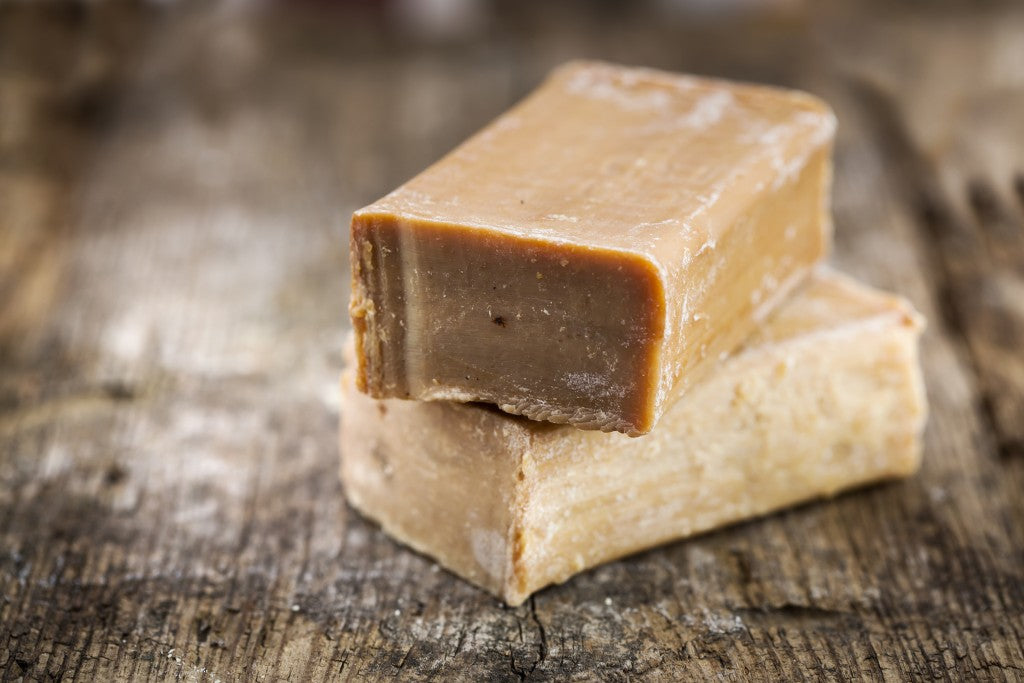
Soap simply isn’t what it used to be. Many so-called soaps on supermarket shelves share more in common with washing powder than actual soap. Disagree? Let’s ask the Food and Drug Administration (FDA), who unequivocally proclaim,
“Today there are very few true soaps on the market. Most body cleansers, both liquid and solid, are actually synthetic detergent products.’
We found this surprising. If you agree, let’s take a closer look at what the difference between these two is, and why it matters.

What’s really in your soap? HebiFot ‘Soap’ CC0 via Pixabay
Two Very Different Soaps
True soap is created by mixing together oils or fats and lye. The reaction that takes place is called saponification and the result is a combination of soap and glycerin. Using olive oil will leave elements of olives, using coconut oil will leave elements of coconut, and so on. Other natural ingredients can of course be added, like Shea butter for skin nourishment or oatmeal for exfoliant properties. Nothing should be removed and no synthetic chemicals need to be added, this true soap is just fine as it is.
On the other hand we have mass-produced detergent products, let’s call them synthetic soaps. These are robbed of their most valuable ingredient, glycerin, straight after the saponification process. A natural humectant, glycerin attracts moisture to your skin and is renowned as a soothing emollient. Unscrupulous soap manufacturers separate the glycerin from the soap to sell or use in other more expensive products. They then often add synthetic ingredients, detergents, foaming agents and chemical fragrances to the glycerin-lacking soap to simulate the properties of what was removed.

Would you shower with this? Karunasanghvi ‘Detergent’ CC0 via Pixabay
From Traditional to Trash
There was once a time when all soap was handmade. The traditional way to create it was, and still is, called the cold process. Once the soap mixture has been prepared it’s poured into molds to saponify for a day, taken out to dry for a day, and then cut into bars of soap and left to cure for a month or more. It’s as natural as soap gets, and that’s exactly how we make our natural soap here at Dr. Squatch. At the turn of the 19th century, when it was discovered that glycerin could be extracted from soap, everything changed.
With the growth of industrial manufacturing, the small handmade soap makers were pushed out by bigger companies who capitalized on being able to extract valuable glycerin, which could be sold or used in other more lucrative products. For example, glycerin is an essential ingredient for nitroglycerin, the explosive used in dynamite, and there was much demand for it at the beginning of 20th century. The glycerin-free soap became a by-product, was mixed with cheap synthetic ingredients to imitate true soap, and was sold much cheaper than traditional handmade soap makers could compete with.

Exactly What You Don’t Need
Just take a look at the list of ingredients for an average bar of soap in your local store. It could contain sodium lauryl sulfate (SLS), an anionic surfactant used in laundry detergent that will dry out and irritate your skin. It may also have sodium laureth sulfate (SLES), a cheap foaming agent that can become contaminated with the suspected carcinogen Dioxane while being manufactured.
If it’s labeled as antibacterial it probably contains triclosan. This chemical is classified as a pesticide by the Environmental Protection Agency. Three quarters of antibacterial liquid soaps and a third of antibacterial bar soaps contain triclosan, which is thought to be contributing to increasing bacterial resistance across the world. This chemical finds its way into our waterways, disrupting the photosynthesis of algae, building up in the fatty tissue of fish and carrying on up the food chain. A 2008 study by the Centers for Disease Control and Prevention found triclosan in the urine of 75% of the people surveyed. To add insult to injury, over 40 years of FDA research has concluded that antibacterial soaps are really no better than just washing with real soap.
The scary thing is that even if it says soap on the packaging that doesn’t not mean it is real soap. There are no laws that stop manufacturers from describing their product as soap even when it is just a cheap chemical-laden imitation of real soap. It’s up to you to check the label and make sure it contains only natural ingredients, just as real soap should.

Just another day at the big soap factory – Eugeniu ‘Chemical Disaster Exercise’ CC0 via Pixabay
Exactly What You Do Need, Naturally
There are so many natural oils, butters, plant extracts and exfoliants that can be used in real soap, ingredients that are genuinely good for your skin and overall health. Take coconut oil, with it’s moisturizing and disinfectant properties combined with a dose of vitamin E, essential for heathy skin. Then there’s Shea butter, with its skin healing properties that have been held in high regard since the time of the Pharaohs in Ancient Egypt. Natural antibacterial and antifungal properties can be drawn from eucalyptus, while peppermint leaves can act as a decongestant and create a fresh invigorating scent. Real soaps don’t have to just clean you, they can make you healthier and make you feel a whole lot better too.

The best ingredients grow from the ground – Sergio01 ‘Coconut’ CC0 via Pixabay
So, why use natural soap?
Here are our top 3 reasons:
- Natural soap won’t dry out your skin or cause any other skin irritation as all of the ingredients are gentle and skin safe.
- Natural soap doesn’t contain any synthetic ingredients, which can be absorbed by the skin (the body’s largest organ) and sometimes get into the bloodstream causing problems.
- Natural soap is often more subtle scented in a refreshing way.
If you’re looking to try out a natural soap, Dr. Squatch contains natural ingredients and no harsh chemicals, with a selection of nine different blends and masculine scents. According to the wise words of our appreciative customers, these real soaps smell great and feel great. Don’t believe us? Listen to them then…
Not sure which soap to try first? Take our Soap Quiz, or grab a Starter Bundle to try out a few of our bestsellers. Not sure if you want to try our soap at all? Where’s your sense of adventure! We’re confident that you’ll love our soap, so every bar comes with a ‘sudisfaction’ guarantee. If you’re not 100% satisfied send it back to us within 30 days for a full refund. Do your body a favor, order a bar of Dr. Squatch soap now.
References:
http://www.fda.gov/Cosmetics/ProductsIngredients/Products/ucm115449.htm
http://www.cdc.gov/biomonitoring/Triclosan_FactSheet.html
http://pioneerthinking.com/crafts/what-is-glycerin
http://patch.com/illinois/tinleypark/handmade-soap-vs-store-bought-soap-whats-difference
https://www.organicfacts.net/health-benefits/oils/coconut-oil-for-skin.html
Related Posts
The Definitive Thanksgiving Side Dish Rankings
Thu, Nov 21, 2024• Squatch Men: Lifestyle
Here we are, the week of all weeks. Thanksgiving is here and it’s go time baby! Sure, turkey is all well and good, but, real talk, Thanksgiving is ...
Read MoreHow To Wash Your Face
Thu, Nov 21, 2024• Grooming & Personal Care Ultimate Guides
We’re gonna state the obvious, washing your face is important! So yeah, Captain Obvious comin' in hot. Maybe the words "routine" or "products" make...
Read More5 Essential Tips to Care for Rough, Dry Hands
Thu, Nov 07, 2024• Grooming & Personal Care Natural Living & Health Ultimate Guides
Are you thinking about how you’re taking care of those paws of yours? As the temperatures drop, those trusty mitts of yours are probably feeling a ...
Read MoreHow To Layer Scents
Tue, Oct 15, 2024• Grooming & Personal Care
Smelling great takes a little effort, but layering fragrances? That’s black belt-level scent skill. If this is the first time you’ve thought about ...
Read MoreCategories
Recent Posts
-
The Definitive Thanksgiving Side Dish Rankings
Thu, Nov 21, 2024
-
How To Wash Your Face
Thu, Nov 21, 2024
-
How To Layer Scents
Tue, Oct 15, 2024
-
The Top 5 Horror Movie Villains Of All Time
Wed, Oct 02, 2024


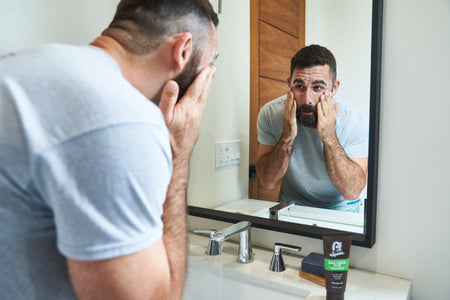
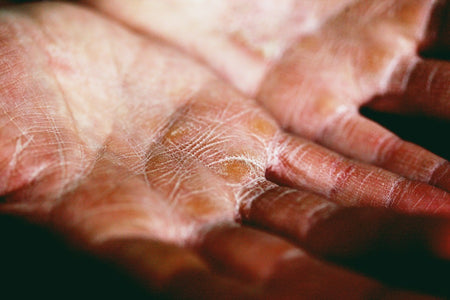



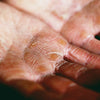
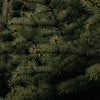

Leave a Reply
Your email address will not be published. Required fields are marked *